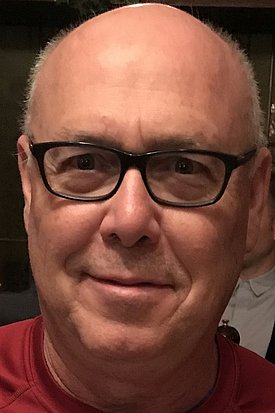Philip Fay ¶

USDA-ARS Grassland, Soil, and Water Research Lab
United States Department of Agriculture
Temple, TX76502, USA
Fellowship Period: 01.2018-06.2018
Research interests and main activities
The ecology of grasslands: impacts of global change, drivers of productivity and biodiversity, physiological and population ecology of grassland plant species; ecology and genetics of bioenergy cropping systems based on native perennial grasses. Approaches include long term field experiments that manipulating atmospheric carbon dioxide, soil nutrients, and precipitation variability, and analysis of global datasets to understand how limiting resources interact with climate and plant diversity to drive grassland primary productivity.
Activities within WSL Fellowship ¶
We applied resource limitation theory to investigate how nutrient limitation and spatial and temporal climate variability altered plant species diversity, net primary productivity, and nitrogen cycling. By examining productivity and species diversity of grasslands from six continents, we found that release from nutrient limitation may increase the capacity of grasslands to buffer rising atmospheric CO2 through increased primary productivity, but biodiversity decline may constrain this capacity. Maintenance of ecosystem productivity and other provisioning services requires maintaining a degree of nutrient limitation in these water-limited systems. Long-term study of nutrient limitation in a productive grassland in the southern U.S. revealed that multiple nutrient limitation stabilized temporal variation in grassland net primary productivity and community composition by buffering the effects of precipitation variability. These findings reveal how anthropogenic nutrient enrichment and amplified precipitation variability expected in future climate scenarios may interact to fundamentally restructure grassland ecosystems.
My stay at WSL was an exciting and enriching experience, professionally and personally. I was welcomed, well supported, and benefitted greatly from day-to-day collaboration with my hosts. Moreover, WSL has wonderful facilities in a beautiful location just minutes from an exciting city with excellent connections to the rest of Europe and the world. I'm sure I'll be back to visit in the future.
Cooperation within WSL ¶
Interne Kontakte (Datensätze) ¶
Cooperation outside of WSL ¶
Laura Yahdjian, IFEVA, CONICET, Department of Ecology, Faculty of Agronomy, University of Buenos Aires, Argentina
Laureano Gherardi, School of Life Sciences, Arizona State University, Tempe, AZ, USA
H. Wayne Polley, USDA-ARS Grassland, Soil, and Water Lab, Temple, TX, USA
Harold Collins, USDA-ARS Grassland, Soil, and Water Lab, Temple, TX, USA
